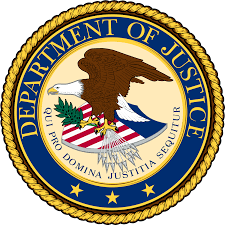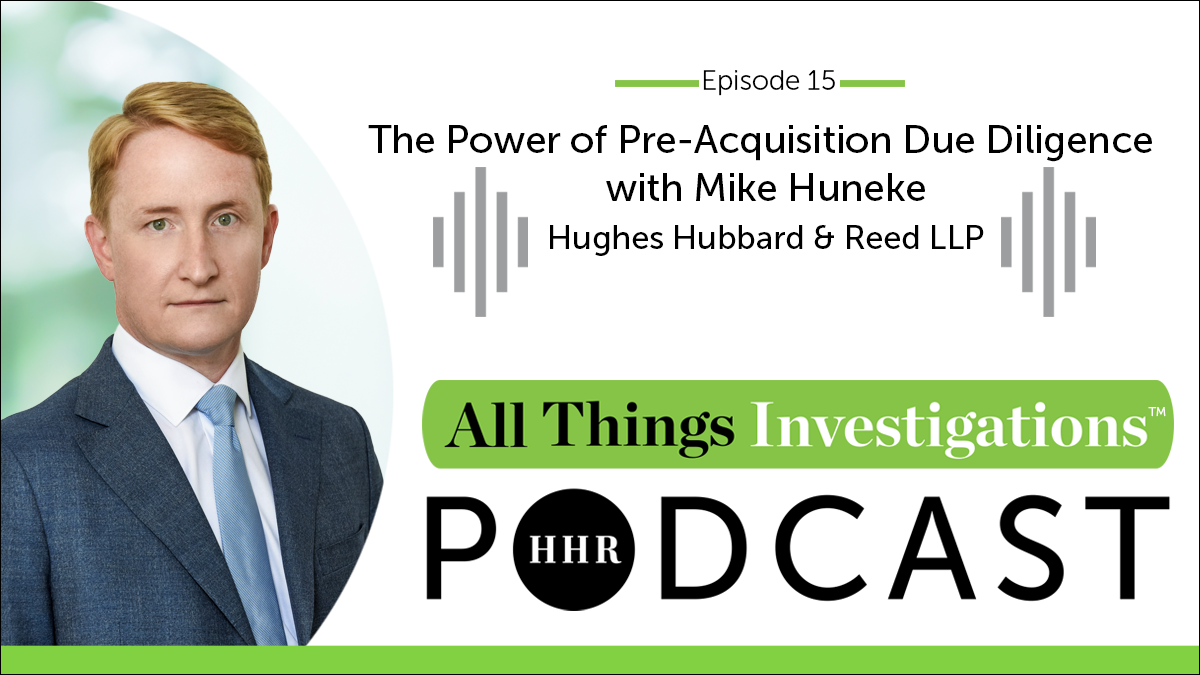Early in October at the 2023 SCCE Compliance and Ethics Institute, Deputy Attorney General Lisa Monaco delivered a long-anticipated speech expanding and formalizing the Department of Justice’s (DOJ’s) new Safe Harbor for mergers and acquisitions in the Foreign Corrupt Practice Act (FCPA) context. The latest M&A Safe Harbor expanded on an old and frankly cumbersome Opinion Release from 2008 and some old FCPA enforcement actions from the last decade to create a clear, concise, and most welcomed announcement.
The Halliburton Opinion Release (08-02) gave some very tight deadlines for engaging in due diligence post-acquisition and reporting to the DOJ. The deadlines were 90 days to identify and report high-risk agents, 120 days to identify and report medium-risk agents, and 180 days to identify and report low-risk agents. For those scoring at home, that is three, six, and nine months, which for most corporations is the blink of an eye.
Moreover, while the 2012 FCPA Resource Guide did provide some guidance on what may constitute a safe harbor, the word “may” was a sticking point for corporate management when deciding whether and how to proceed with a potential merger or acquisition. There is a big difference between a theoretical outcome and one that is concrete and presumptively available. Finally, a series of FCPA enforcement actions involved mergers and acquisitions. It was unclear when remediation of any issues must be completed, from 18 months to “as soon as is practicable.”
This new DOJ policy is then aimed at encouraging cooperation and compliance in the corporate world, particularly during acquisitions. This policy allows companies to avoid charges for compliance violations discovered during the acquisition process as long as specific deadlines are met. Compliance officers are crucial in this process, conducting due diligence before and after the acquisition.
Monaco stated, “We are announcing a Department-wide Safe Harbor Policy for voluntary self-disclosures in the mergers and acquisition process context. In the future, acquiring companies that promptly and voluntarily disclose criminal misconduct within the Safe Harbor period, cooperate with the ensuing investigation, and engage in requisite, timely, and appropriate remediation, restitution, and disgorgement will receive the presumption of declination.”
Under this new policy, acquiring companies will not be held accountable for aggravating factors at the acquisition target. This means that the acquiring company will not be responsible if there are compliance issues at the target company. However, there are concerns about how this policy will be executed and its potential impact on different enforcement actions.
A key element is the clear and concise timelines articulated by DAG Monaco. She stated, “To ensure consistency, I am instructing this Safe Harbor policy to be applied Department-wide. Each part of the Department will tailor its application of this policy to fit its specific enforcement regime and consider how it will be implemented.
To ensure predictability, we are setting clear timelines. As a baseline matter, to qualify for the Safe Harbor, companies must disclose misconduct discovered at the acquired entity within six months from the date of closing. That applies whether the misconduct was found pre- or post-acquisition.”
After that, “Companies will have a baseline of one year from the closing date to fully remediate the misconduct. These baselines are subject to a reasonableness analysis because we recognize deals differ and not every transaction is the same. So, depending on the specific facts, circumstances, and complexity of a particular transaction, Department prosecutors could extend those deadlines.”
One essential tradeoff in this policy is the balance between encouraging cooperation and holding companies accountable for their actions. On one hand, the policy incentivizes companies to disclose compliance violations and cooperate with the Justice Department voluntarily. This can lead to more effective enforcement and greater transparency in the corporate world. On the other hand, there is a risk that some companies may take advantage of this policy and try to cover up compliance violations.
Compliance officers also face challenges in this new policy. If they are not involved in pre-acquisition due diligence, it could be a red flag for their career security. There is a concern that unscrupulous management teams may try to close a deal without proper due diligence and then blame the compliance officer if issues arise later on. Compliance officers must proactively ensure their involvement in the acquisition process to protect themselves and their companies.
The enforcement of this policy, particularly in antitrust cases, is also a subject of curiosity and anticipation. It is unclear how the policy will apply to corporate misconduct beyond bribery and corruption or anti-competitive actions. There are questions about whether the default position of the DOJ antitrust division will be a declination or if they will still bring charges against companies involved in antitrust violations.
While this new policy is a step forward for compliance, there are still concerns about its effectiveness and potential abuse. The Justice Department is trying to balance providing incentives for cooperation and holding companies accountable for their actions. However, there is a need for further clarity and guidance on how this policy will be executed in practice.
Overall, the new policy on corporate compliance during acquisitions is an essential development in the corporate world. It highlights the importance of considering compliance issues when making decisions about acquisitions and encourages companies to take proactive steps to address compliance violations. Compliance officers play a crucial role in this process and must be vigilant in ensuring their involvement to protect themselves and their companies. The execution of this policy and its impact on different enforcement actions will be closely watched in the coming months.




